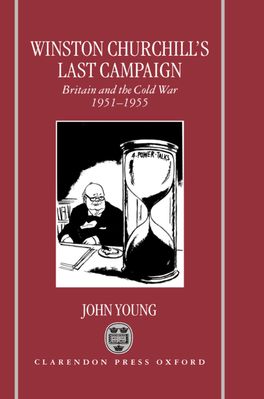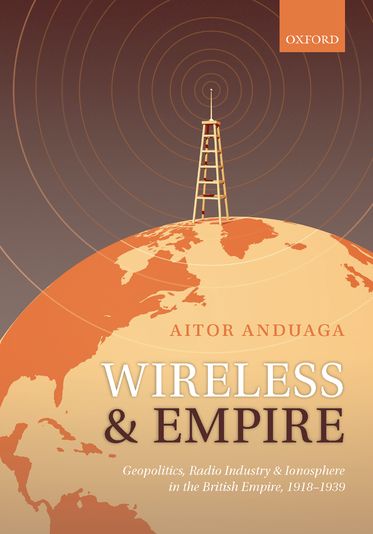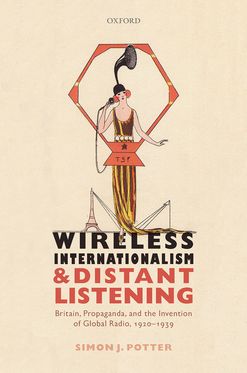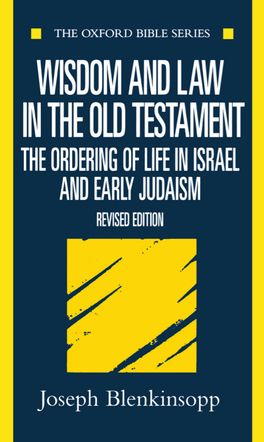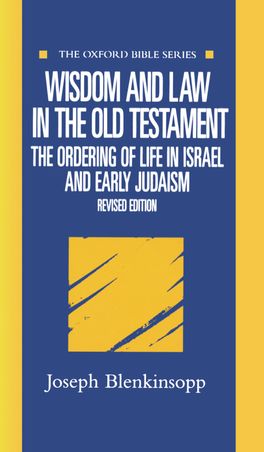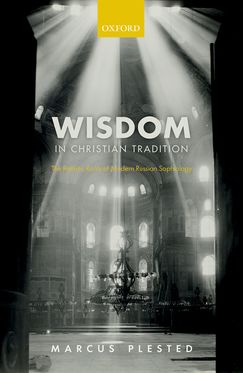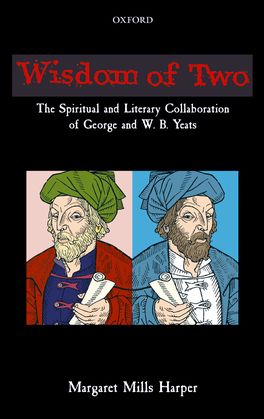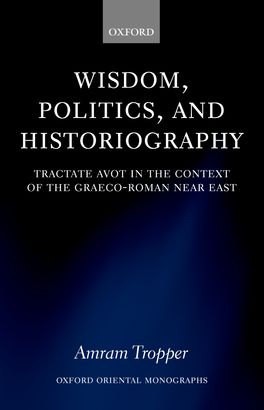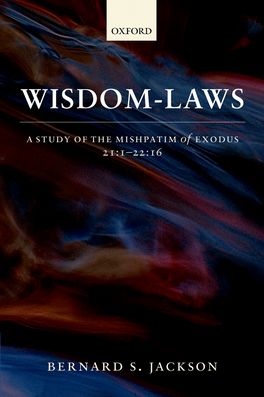You have no items in your shopping cart.
Filter by attributes
- Audience
Oxford University Press
Winston Churchill's Last Campaign
Renowned for his famous `Iron Curtain' speech of 1946, Winston Churchill is often remembered as a fervent anti-communist. Yet as post-war Prime Minister he became obsessed with the idea of ending the Cold War. In this lucid and persuasive analysis of events during the early 1950s, John Young examines Churchill's vain search for a summit with Soviet leaders, and the divisions this caused within the British government and the Western Alliance. This study fills an important gap in our understanding of Churchill's role in this, the last great political campaign of one of the greatest statesmen of the twentieth century.
$91.95
Wireless and Empire
This is the first book to study the relations between radio industry, atmospheric sciences and the British Empire throughout the interwar period.The result is a book displaying an exceptionally high order of originality, authority, and range, over an impressive diversity of national contexts, with Britain as the main focus.
$234.00
Wireless Internationalism and Distant Listening
Simon Potter links the history of broadcasting to the history of internationalism, showing how radio was used as a means of promoting international peace and understanding. He looks at histories of propaganda and international conflict and reconstructs early international radio programming and the experience of 'distant listening'.
$178.95
Wisdom and Law in the Old Testament
A completely new, expanded edition of this classic college text book about two key kinds of writing in the Old Testament: wisdom and law. Completely revised and updated, the book also includes much more on literary interpretation.
$141.95
Wisdom and Law in the Old Testament
A completely new, expanded edition of this classic college text book about two key kinds of writing in the Old Testament: wisdom and law. Completely revised and updated, the book also includes much more on literary interpretation.
$70.95
Wisdom in Christian Tradition The Patristic Roots of Modern Russian Sophiology
Following a survey of the biblical and classical background, this book offers a detailed exploration of the theme of wisdom in patristic, Byzantine, and medieval theology.
$190.95
Wisdom of Two
W. B. Yeats searched throughout his life for a system of spiritual truth. From 1917 he and his wife did automatic writing, W. B. asking questions and George writing down answers from beyond their conscious selves. Harper thoroughly analyses this script, touching on a number of related topics including feminist issues of collaborative authorship.
$324.00
Wisdom, Politics, and Historiography
In third-century CE Palestine, the leading member of the rabbinic movement put together a highly popular wisdom treatise entitled Tractate Avot. Though Avot has inspired hundreds of commentaries, this book marks the first comprehensive effort to situate Avot within the socio-political and intellectual context of the Graeco-Roman Near East. Probing comparable Jewish, Greek, Roman and Christian sources, Amram Tropper interprets Avot in light of the local Jewish context as well as the ambient cultural atmosphere of the contemporary Near East.
$566.00
Wisdom-Laws
We think of law as rules whose words are binding, used by the courts in the adjudication of disputes. Bernard S. Jackson explains that early biblical law was significantly different: adjudication was originally a matter of divinely mediated fairness, while the written laws used narrative images and literary devices in order to teach.
$583.00

